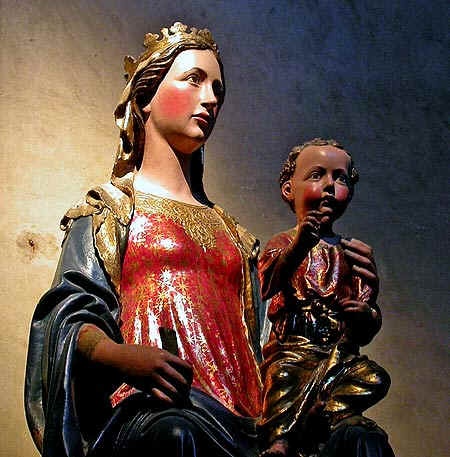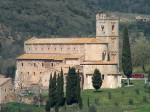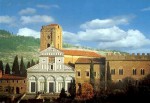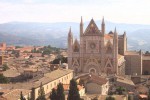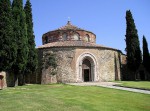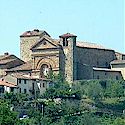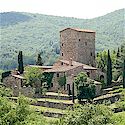
The hamlet of San Leolino very near Panzano in Chianti is home to the parish church of the same name. The Pieve di San Leolino is first recorded in the year 982, under the name of San Leolino in Flacciano in a parchment held in the Abbey of Passignano, but two sculptural fragments housed in




 Posted in
Posted in  Tags:
Tags: 

